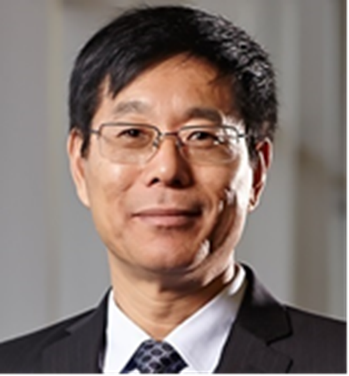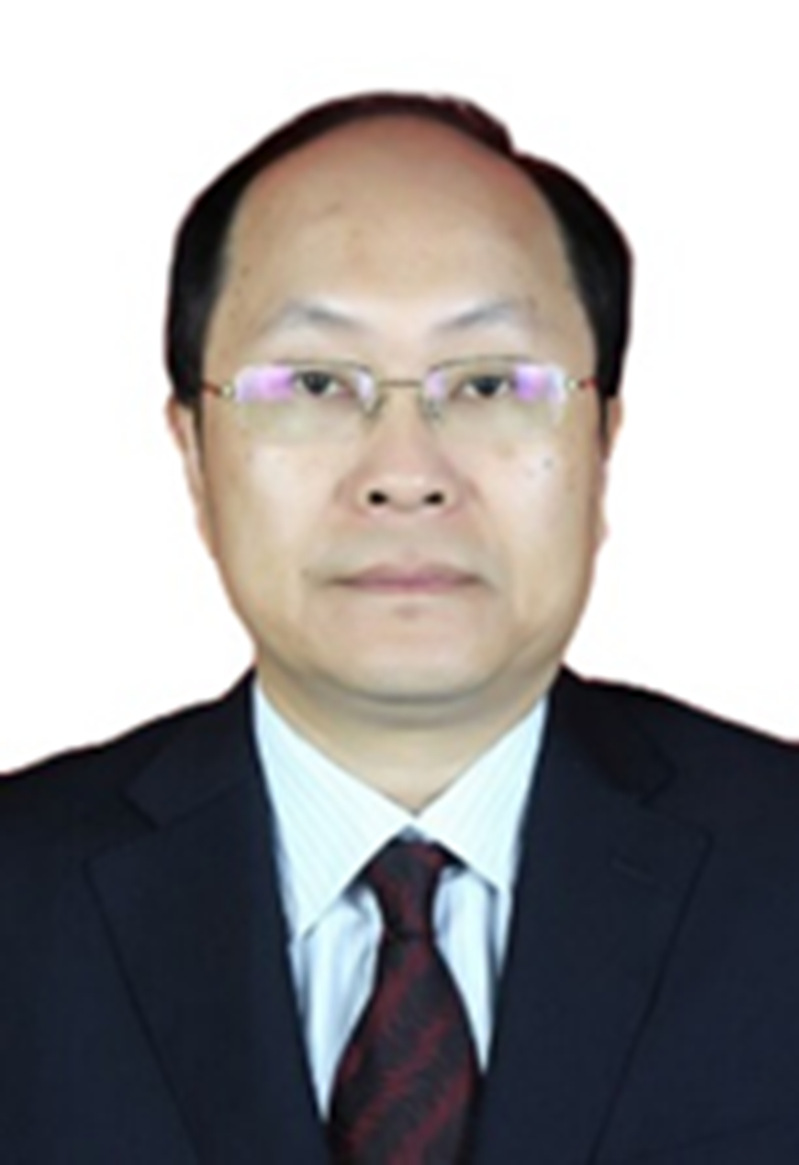Resource-Efficient and Secure Automated Vehicle Platoons
Speaker: Qinglong Han
Time: September 24th, Sunday, 9:10-9:50
Venue: Conference Center third floor academic lecture hall
Abstract:Vehicle platooning has been regarded as a promising intelligent transportation system technology for achieving cooperative automated driving systems and automated highway systems due to its promising benefits, including improved road safety, highway capacity and traffic congestion relief, and reduced fuel consumption. Two critical challenges of accomplishing automated vehicle platoons are: 1) to deal with the intermittent and sporadic vehicle-to-vehicle data transmissions caused by limited wireless communication resources; and 2) to tackle the malicious cyber-attacks on the vehicle-to-vehicle communication channels.
The essentials of evolutionary platooning control technologies are first introduced for connected automated vehicles. After a brief historical background of connected automated vehicles and vehicle platooning, several key issues in the design and implementation of an automated vehicle platooning control system are elaborated. An emphasis is then placed on two emerging platooning control techniques: resource-efficient vehicle platooning and secure vehicle platooning. Furthermore, simulation and validation results under these two control techniques are presented. Finally, some challenging issues and concluding remarks are drawn.

Biography: Professor Han is Pro Vice-Chancellor (Research Quality) and a Distinguished Professor at Swinburne University of Technology, Melbourne, Australia. He held various academic and management positions at Griffith University and Central Queensland University, Australia.
Professor Han was awarded The 2021 Norbert Wiener Award (the Highest Award in systems science and engineering, and cybernetics), The 2021 M. A. Sargent Medal (the Highest Award of the Electrical College Board of Engineers Australia), The IEEE Systems, Man, and Cybernetics Society Andrew P. Sage Best Transactions Paper Award in 2022, 2020, and 2019, respectively, The IEEE/CAA Journal of Automatica Sinica Norbert Wiener Review Award in 2021, and The IEEE Transactions on Industrial Informatics Outstanding Paper Award in 2020. Professor Han is a Member of the Academia Europaea (The Academy of Europe). He is a Fellow of The Institute of Electrical and Electronics Engineers (FIEEE), a Fellow of The International Federation of Automatic Control (FIFAC), a Fellow of The Institution of Engineers Australia (FIEAust), and a Fellow of The Chinese Association of Automation (FCAA). He is a Highly Cited Researcher in both Engineering and Computer Science (Clarivate Analytics). He has served as an AdCom Member of IEEE Industrial Electronics Society (IES), a Member of IEEE IES Fellows Committee, a Member of IEEE IES Publications Committee, and Chair of IEEE IES Technical Committee on Networked Control Systems. He is currently the Editor-in-Chief of IEEE/CAA Journal of Automatica Sinica, the Co-Editor-in-Chief of IEEE Transactions on Industrial Informatics, and the Co-Editor of Australian Journal of Electrical and Electronic Engineering.
PIP control for networked multi-agent systems
Speaker: Guoping Liu
Time: September 24th 10:30 -11:10, 2023
Venue: Conference Center third floor academic lecture hall
Abstract:With the rapid development of network technology and control technology, networked multi-agent control system has a wide range of application potential in human daily life and scientific application engineering fields, such as: industrial Internet, Internet of things, energy Internet, car networking and so on. Due to the limited network communication, it brings great challenges to the design, analysis and implementation of networked multi-agent control systems. This report mainly introduces networked multi-agent system, proportional Integral-predictive (PIP) control strategy, dynamic and static coordinated control, stability and consistency synchronous analysis, networked multi-agent control system implementation. The experimental platform of networked control system based on research and development, introduces the real-time simulation and real experiment of networked multi-agent control system, and demonstrates the effectiveness and practicability of networked multi-agent control system.

Biography: Liu Guoping is a professor at Southern University of Science and Technology. He received his bachelor's degree from the Central South College of Mining and Metallurgy in 1982, his master's degree from the Central South University of Technology in 1985, and his doctorate degree from the University of Manchester in 1992. He has worked as a postdoctoral researcher at the University of York, Senior Research Assistant at the University of Sheffield, Senior Engineer, Principal engineer, project manager and project Director at GE Alstom, Alstom and ABB-Alstom. He has been a senior lecturer at the University of Nottingham, a researcher at the Institute of Automation, Chinese Academy of Sciences, a professor at the University of Glamorgan, a professor at the University of South Wales, a professor at Harbin Institute of Technology, and a professor at Wuhan University. He was selected by the Chinese Academy of Sciences' One Hundred Talents Program ', winner of the National Outstanding Young People Fund, Professor of "Changjiang Scholars" of the Ministry of Education, and national special expert. He is now a member of the European Academy of Sciences, IEEE Fellow, IET Fellow, and Fellow of the Chinese Society of Automation. He is mainly engaged in theoretical research in the fields of networked control, multi-agent system control, nonlinear system identification and intelligent control, multi-objective optimal control and decision, and applied technology research in the fields of industrial energy power control and Internet of Things control.
Information physical Fusion Multi-source data fusion and collaborative intelligent control of smart grid
Speaker: Yue Dong
Time: September 24th 11:10-11:50, 2023
Venue:Conference Center third floor academic lecture hall
Abstract:The report introduces the main characteristics of the smart grid and the key scientific and technological problems to be solved, and further introduces a series of research results and application demonstrations around the above scientific and technological issues.

Biography:Yue Dong, Director of Academic Committee of Nanjing University of Posts and Telecommunications, Dean of Carbon Neutral Advanced Technology Research Institute, School of Automation, and School of Artificial Intelligence, foreign academician of Russian Academy of Engineering, IEEE Fellow, Fellow of Chinese Society of Automation, Fellow of Chinese Society of Artificial Intelligence, Special Professor of Changjiang Scholars of Ministry of Education. He has presided over more than 20 major projects of the National Natural Science Foundation, key projects, national key research and development plan projects, 863 projects, science and technology projects of the Ministry of Housing and Urban-Rural Development. He won the IEEE Rudolf Chope Science and Technology Award, the First Prize of Jiangsu Province Science and Technology Award, the First Prize of Natural Science and Invention of the Chinese Society of Automation, the Best Paper Award of IEEE Transactions on Smart Grid, and the Best Paper Award of IEEE Systems Journal Norbert Wiener Review Award of IEEE/CAA Journal of Automatica Sinica and many other domestic and international awards. He is a co-editor of IEEE TII and a member of the IEEE IES Fellow Nomination Advisory Committee.
